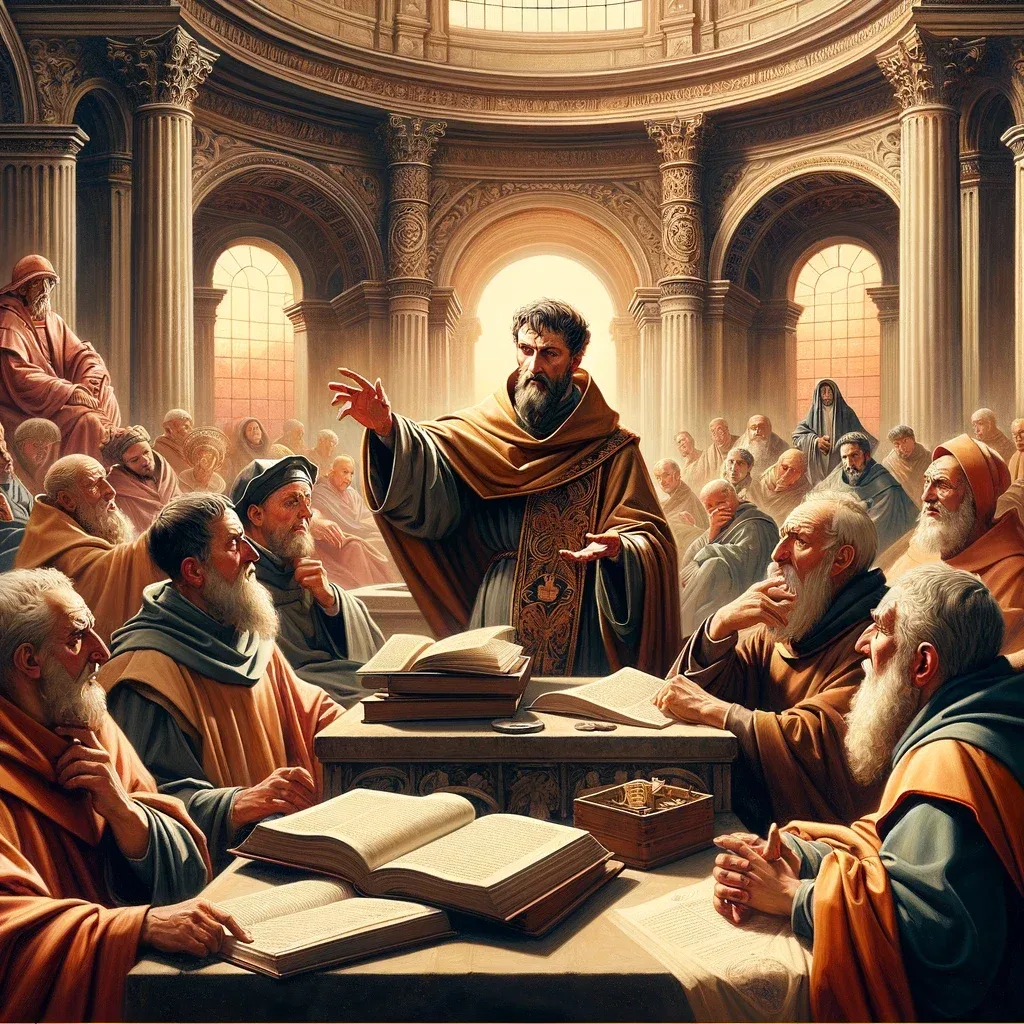Saint Augustine, also known as Augustine of Hippo, is one of the most prominent figures in the history of Christian philosophy and theology. His life, works, and thoughts offer valuable lessons that continue to influence the modern world. In this article, we will explore the life, works, and legacy of Saint Augustine, taking a deep dive into his teachings and how they can be applied today.
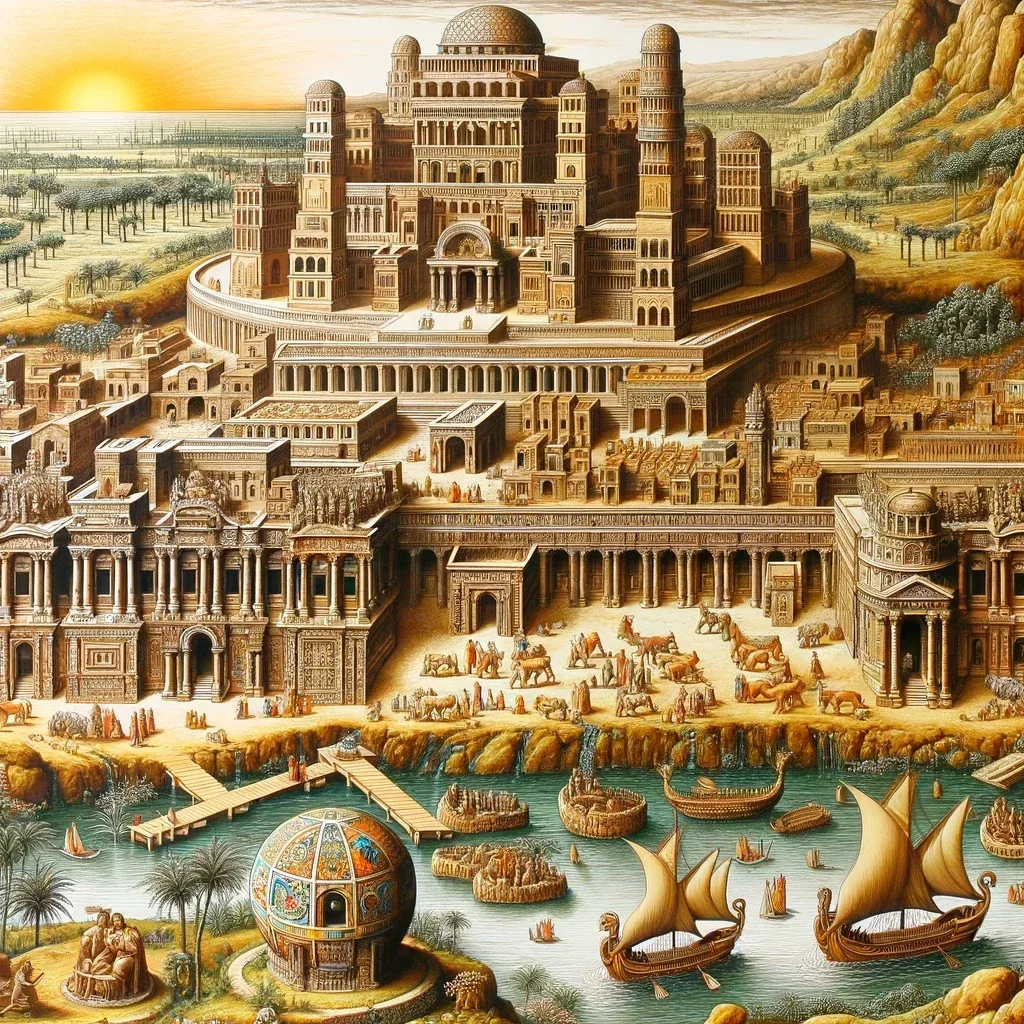
The Transforming Life of Saint Augustine
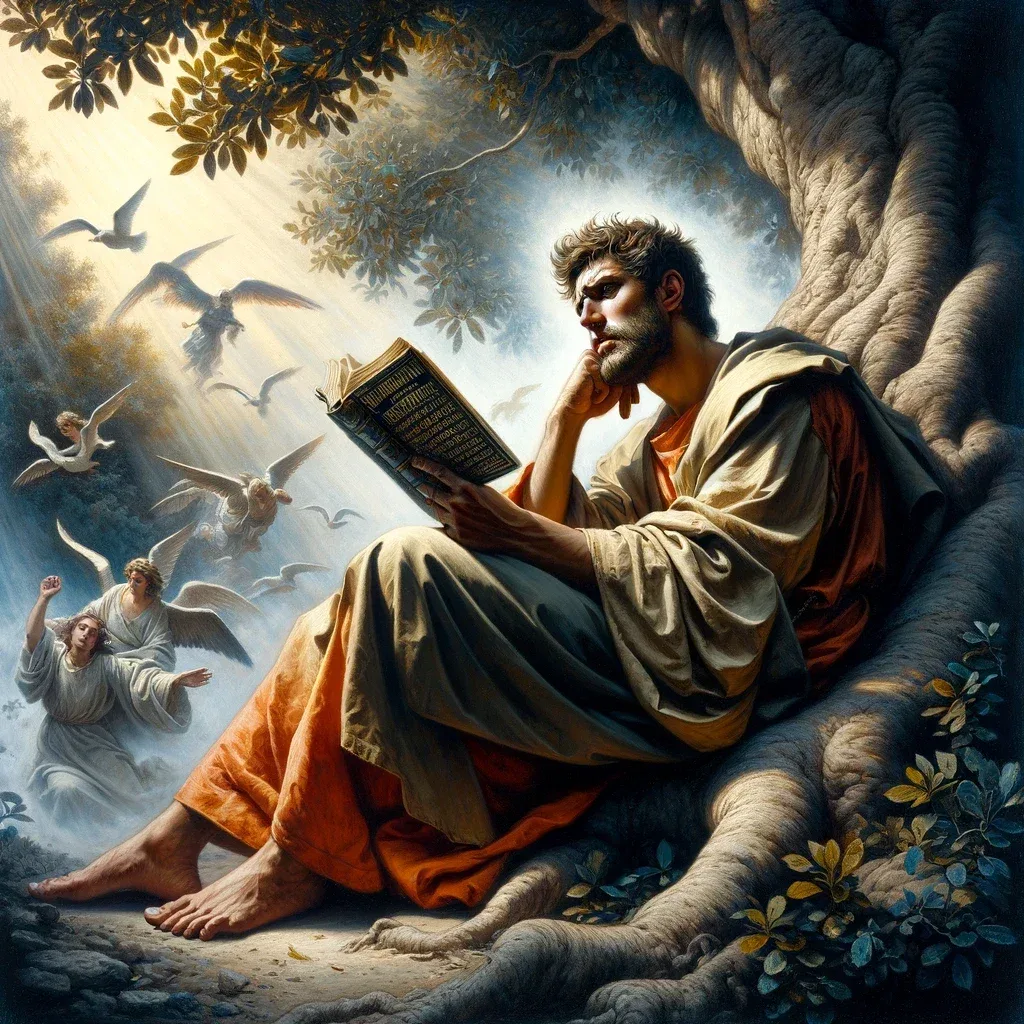
Youth and Conversion
Augustine was born in 354 AD in Tagaste, a small town in North Africa. His youth was marked by an incessant search for knowledge and truth, although he indulged in worldly pleasures and the study of pagan philosophies. His conversion to Christianity at the age of 33 was a turning point, influenced by his reading of the Scriptures and the preaching of Saint Ambrose.
Bishop of Hippo and Influential Theologian
After his conversion, Augustine became bishop of Hippo and dedicated his life to preaching, writing, and refuting heresies. His role in formulating the doctrine of grace and original sin was fundamental, establishing him as one of the most influential theologians of the Early Church.
A Legacy of Prolific Writings
Saint Augustine is the author of numerous works, including “Confessions”, “City of God” and “On the Trinity”. These texts not only shaped Christian theology, but also influenced Western philosophy, addressing topics such as time, memory, and the existence of God.
Augustine's Teachings and Philosophy

The Search for Truth and Knowledge of God
Augustine believed that true wisdom and understanding can only be achieved through knowledge of God. He argued that faith and reason are not opposites, but that faith is actually a necessary precursor to rational understanding.
The Nature of Evil and Free Will
One of Augustine's greatest contributions to philosophy and theology is his theory of evil and free will. He saw evil not as an entity or substance, but as a corruption of good, a result of misused free will.
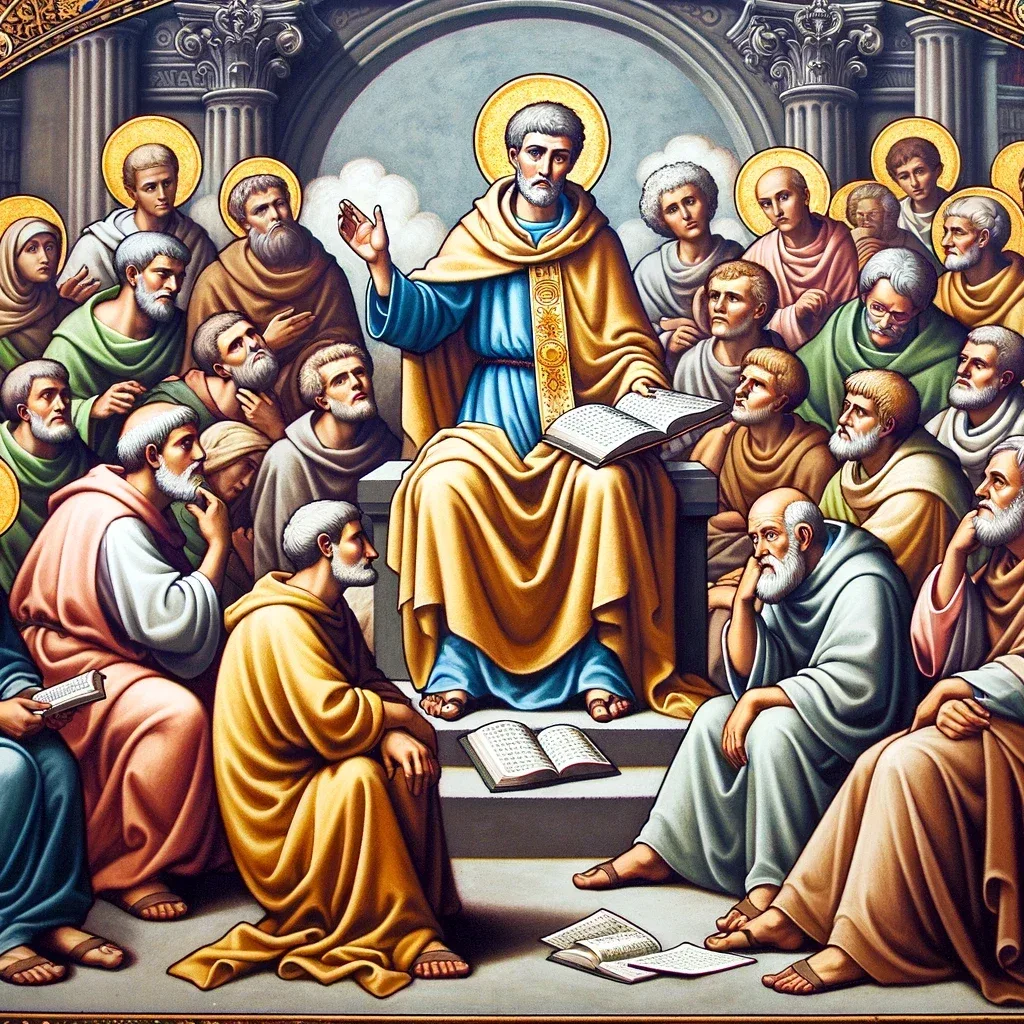
The City of God and the Eschatological Vision
In “City of God”, Augustine describes two metaphorical cities: the City of God and the City of Man, representing respectively the spiritual kingdom of God and the earthly kingdom. It explores human history as a conflict between these two kingdoms, culminating in the ultimate realization of the City of God.
Application of Augustine's Teachings in the Modern World
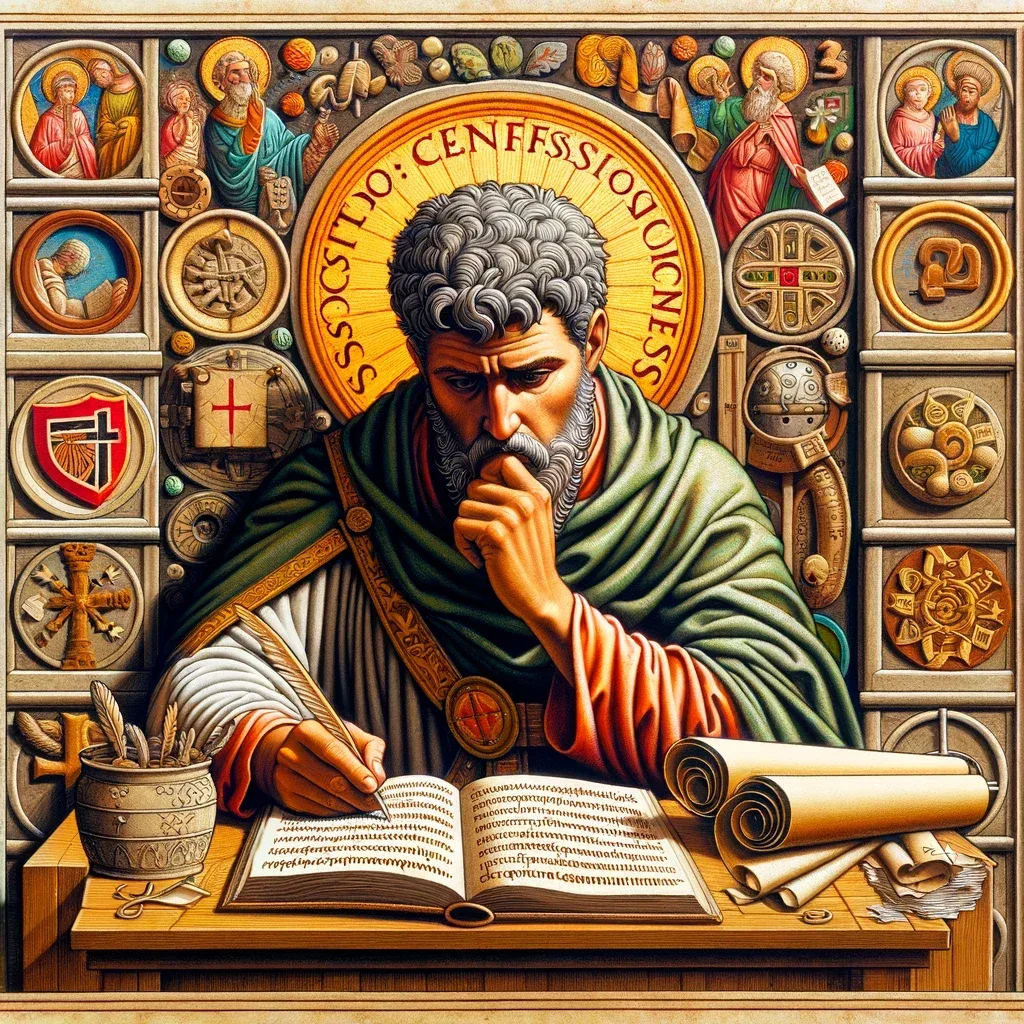
Ethics and Morality
Augustine's teachings on morality and ethics are deeply relevant today. His emphasis on love as the highest virtue and the role of divine grace in moral transformation offers a valuable perspective in contemporary ethical discussion.
Philosophy of Mind and Psychology
Augustine was one of the first thinkers to explore the nature of the mind, memory and perception. Insights from him prefigure many issues discussed in philosophy of mind and modern psychology.
Interreligious Dialogue and Ecumenism
Augustine's approach to dialogue and debate with other religions and beliefs offers a model for interreligious and ecumenical dialogue today, emphasizing mutual respect and the common search for truth.
Conclusion: The Perennial Relevance of Saint Augustine
Saint Augustine remains a central figure in the history of Western thought. His life journey, from a young seeker to one of the Christian Church's greatest theologians, resonates with many who seek meaning and truth. His works and teachings continue to offer profound insights into questions of faith, reason, morality, and human nature. By studying the life and legacy of Saint Augustine, we discover a treasure trove of wisdom that is as relevant today as it was more than a millennium ago.
FAQ: Everything about Saint Augustine
Below, we present a detailed FAQ about Saint Augustine, offering in-depth answers to some of the most frequently asked questions related to his life, work and philosophy. These questions range from biographical details to the implications of his ideas for modern philosophy and theology.

1. Who was Saint Augustine?
2. What are the main works of Saint Augustine?
3. How was Saint Augustine's conversion to Christianity?
4. How important is the book “Confessions” in Christian literature?
5. How did Saint Augustine's ideas influence Christian theology?
6. What was Saint Augustine's approach to evil and free will?
7. What is Saint Augustine’s “City of God”?
8. How did Saint Augustine influence Western philosophy?
9. What role did Saint Augustine play in combating heresies?
10. How are Saint Augustine's teachings applicable today?
